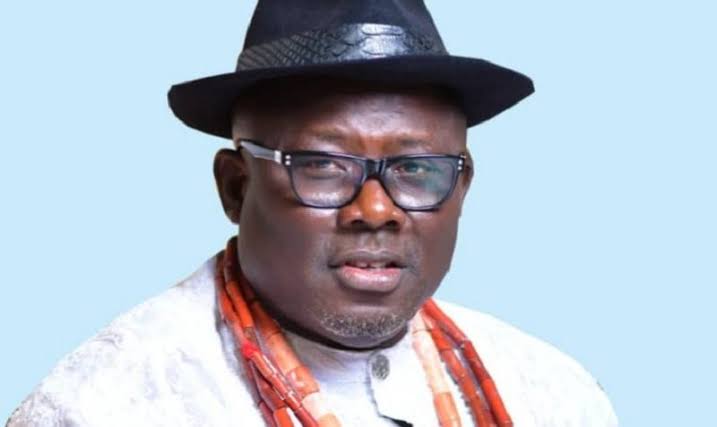Advertisements
The Delta State Government has approved a new electricity policy aimed at providing a reliable, competitive, and decentralized power supply system for residents across the state. The initiative is expected to reduce blackouts, attract private sector investment, and create new opportunities for economic growth.
Ejes Gist Media reports that the policy introduces innovative frameworks designed to strengthen electricity access in both urban and rural communities. It also seeks to diversify the state’s energy mix, integrating renewable sources such as solar and hydro with conventional gas power generation.
Key Features of the Policy
According to the official statement, the Delta State Electricity Policy will:
- Establish mini-grid zones for improved reliability and reduced outages.
- Create new regulatory institutions to oversee the electricity market.
- Open up the sector for private sector-led investment in power generation and distribution.
New Regulatory Bodies
The policy framework sets up three critical institutions to regulate and manage the electricity sector in Delta State:
Advertisements
- Delta State Electricity Commission – To supervise licensing, regulation, and compliance within the state’s electricity market.
- Rural Electricity Agency – To expand electricity access to underserved and rural areas, ensuring inclusivity.
- System Operator & Market Operator – To manage the coordination of generation, transmission, and distribution systems while regulating market operations.
These structures align with Nigeria’s evolving power sector reforms, particularly following the Electricity Act which empowers states to develop independent electricity policies.
Also Read : Delta Commissioner of Police Commissions Renovated Sapele Main Police Station
Impact and Benefits
The Delta State Government emphasized that the new policy will deliver several tangible benefits for residents, businesses, and investors.
Advertisements
Stronger Electricity Access
The initiative prioritizes urban and rural electrification, ensuring that communities previously left out of the national grid can enjoy stable electricity. This is expected to improve livelihoods, education, healthcare delivery, and agricultural processing in rural areas.
Job Creation and Investments
By opening the power sector to private sector participation, the state projects significant inflows of investment. This will translate into more job opportunities for skilled and unskilled workers, as well as long-term industrial growth.
Cleaner Energy Mix
The policy outlines a balanced approach to energy generation, combining solar, hydro, and gas sources. This transition supports Nigeria’s climate commitments while ensuring steady supply to power homes, industries, and businesses.
Accountability and Service Standards
The regulatory framework introduces minimum service standards, which will hold operators accountable for the quality of electricity delivered. This measure is designed to protect consumers and encourage efficiency across the electricity value chain.
Broader Implications for Delta State
The approval of the electricity policy comes at a time when many Nigerian states are seeking alternative solutions to chronic power shortages. For Delta State, which is rich in gas and hydro resources, the policy could position it as a hub for energy investment in the South-South region.
Experts say the move could also:
- Encourage industries to relocate to Delta State due to improved power supply.
- Support local entrepreneurs with more stable electricity access.
- Reduce dependence on petrol and diesel generators, thereby lowering environmental pollution.
National Context
Nigeria’s electricity sector has faced persistent challenges, including poor transmission infrastructure, distribution inefficiencies, and inadequate generation capacity. With the decentralization of the electricity market through the Electricity Act, states now have the legal backing to generate, transmit, and distribute power within their jurisdictions.
Delta State’s new policy aligns with this national shift, offering a practical model for other states to follow.
What Residents Should Expect
- Short-Term: Regulatory bodies will be established, policies gazetted, and mini-grid pilot projects launched.
- Medium-Term: Expansion of rural electrification projects and private sector engagement in distribution.
- Long-Term: Cleaner, more reliable power supply with a mix of renewable and conventional energy sources.

